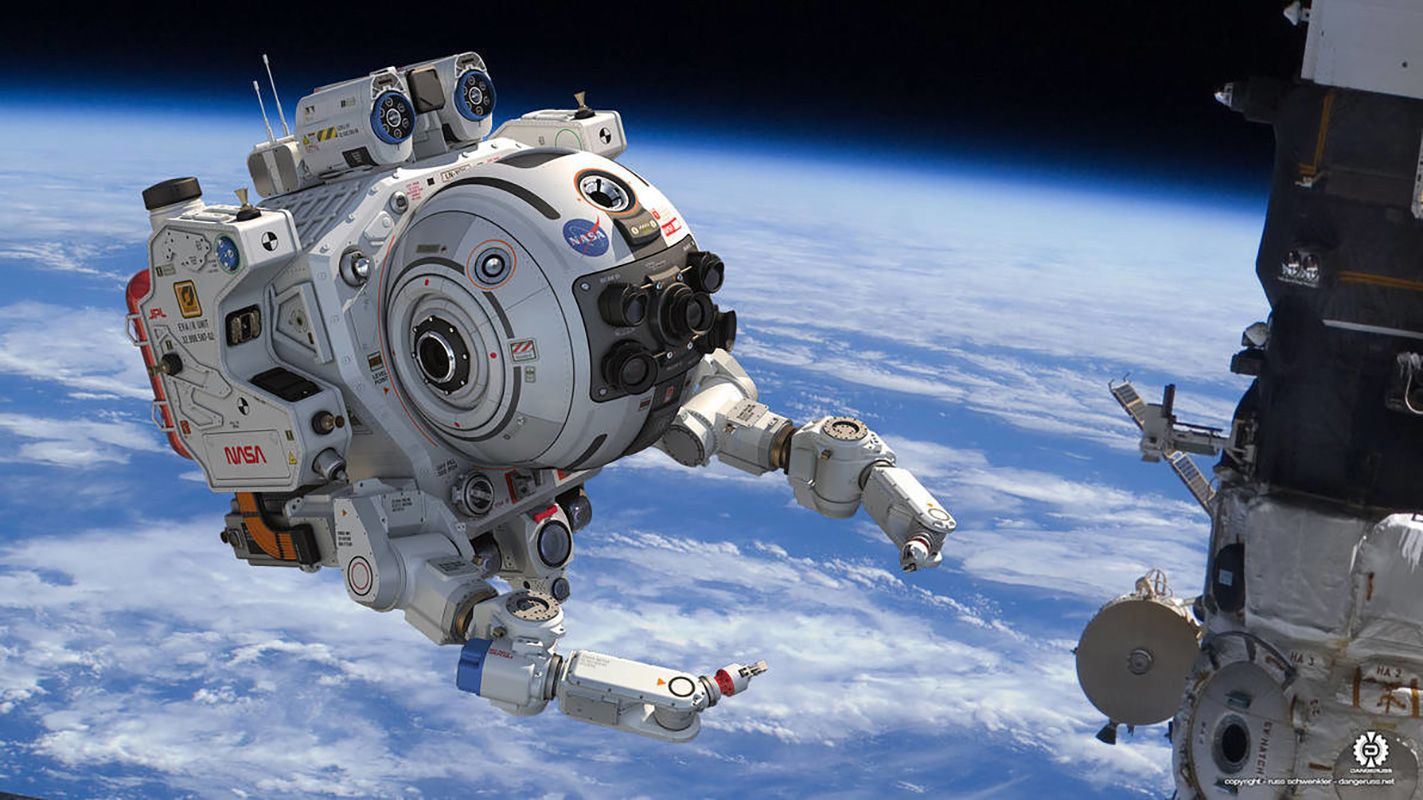Introduction to Lunar and Martian
Robotics
Duration
Planetary Robotics
Lessons
Certificates
Welcome to the Introduction to Lunar and Martian Robotics course!
Do you want to learn how to design and operate robots that can explore the Moon and Mars?
If so, then this course is for you!
You will explore the challenges of operating robots in the harsh and unpredictable environments of the Moon and Mars.
You will also learn how to design and program robots that can perform complex tasks and collect data from the lunar and Martian surfaces.
Don't miss this opportunity to learn from the best and take the first step towards a career in Lunar and Martian Robotics!
Enroll in our course today and start exploring the final frontier!
Join my course and you won't regret it!
Giancarlo Genta is professor emeritus of Machine Construction at the Turin Polytechnic. Since 1987 he has held courses in Astronautical Propulsion, Construction of Engines for Aircrafts, Space Robotics. He is a member of the Turin Academy of Sciences and of the International Academy of Astronautics.
His research activity has focused on static and dynamic structural analysis, on the dynamics of rotating machines and controlled systems, and on space robots. Since 2012 he chairs the study group SG 3.16 of the International Academy of Astronautics on human exploration of Mars.
Author of 24 books, some of which are used as textbooks in Italian and American universities, and of 400 articles, he has written various popular science texts on space exploration and the search for extraterrestrial intelligence.
He is the author of several science fiction novels published in Italian and English. One has been translated into Ukrainian.
Giancarlo Genta is lecturer at:
Course contents:
01 Introduction
Artificial Intelligence in Robotics
Robotics in Leo and on Planets
02 Space Environment
Moon environment
Mars environment
Type of ground
Distance from Earth
Communication delay
03 Robots for space operations
Autonomous machines and teleoperators
Exploration misisons and communications with agents on the surface.
Planetary exploration missions.
Sample-return missions.
Bioastronomy missions.
Human landing and Planetary exploitation.
Cooperation with astronauts, Robotic manned vehicles.
04 Mobility on planetary surfaces
Mobility in planteray atmosphere: balloons, airplanes.
Exploration of Europa
05 Wheeled robots and vehicles
Driving and braking,
Trajectory control,
Steering, wheeled lococomition, suspensions.
06 Legged robots and vehicles
07 Power Systems
This is an intermediate course for:
Students
become experts in the space robotics
Professionals

Companies Affiliates
Earth in many domains.Companies can benefit
of this knowledge to develop new ideas of products and services.
Space enthusiasts
Certificate
what students say of this course
louis, automation expert
